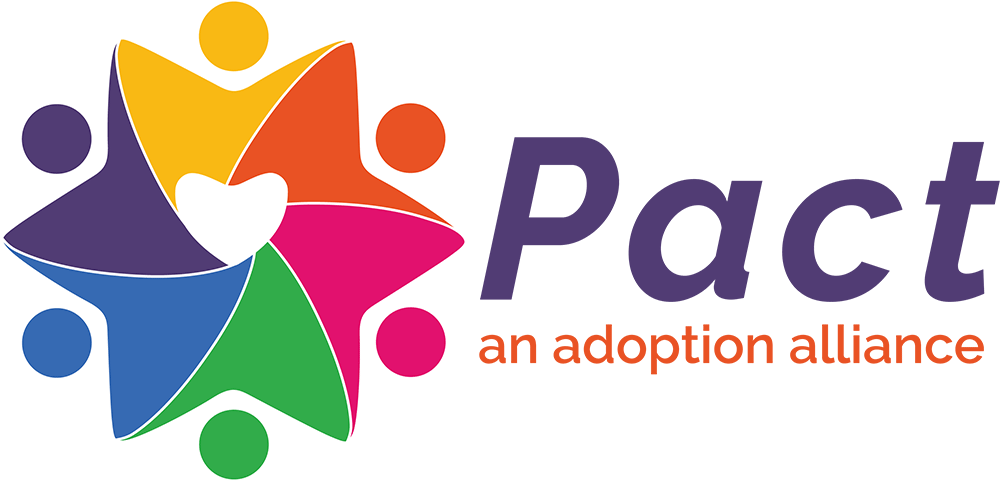by Kirstin Nelson

Early in the pandemic, my daughter worried that her birth family might get COVID or lose their jobs. Or maybe they were first responders and at high risk. We have limited communication with her first family (by their preference), so we couldn’t provide details that would reassure her about their health and well-being. She wondered if they were working, and what her brother was doing when schools were shut down. Did they have enough food? Did they have toilet paper? Which grocery stores were in their neighborhood? Would her brother fall behind with his grades? We encouraged her to talk about her concerns and emotions. While we didn’t have many answers, we talked about how people were working to minimize risk and stay healthy. When vaccines became available, she wondered if they got vaccinated. She hoped they would remember to show up for both shots, not just one. As she asked about an endless string of possibilities that I had no answers for, I tried to focus on two things.
Why were specific small details meaningful to her, even if they seemed insignificant to me? And what emotions was she feeling? Focusing on these two things helped me slow down and listen more carefully. Most of her concerns seemed to be tied to her fear of loss, abandonment, and the unknown. These feelings are common for many adoptees, but many adoptive parents noticed the pandemic heightened them. So, I focused my efforts on reassuring her that we were there for her, we loved her, and, although we didn’t have much information, we were open to talking about her concerns at any time.
As we engage in more activities and get back to a “new normal,” I see her regaining confidence and ease. She is expressing less concern about her first family’s possible struggles. She does continue to ask for more access to and communication with them, which we continue to work toward.
We are looking forward to a summer filled with swimming, visiting friends and family… and Pact Family Camp East! And we will continue to talk frequently and openly about her birth family and embrace her big and little curiosities about them.
How will you help your children re-engage with friends and family this summer? And, if you noticed heightened anxiety and concern over the past two years, how will you help them regain a sense of security?
Kirstin Nelson is a transracial adoptee and an adoptive parent. She grew up in racial isolation in rural Nebraska and has spent her adult years forming her cultural and racial identity. She has been in reunion with her first mother for over 20 years. Kirstin is a law librarian for the federal government and adjunct law professor.
